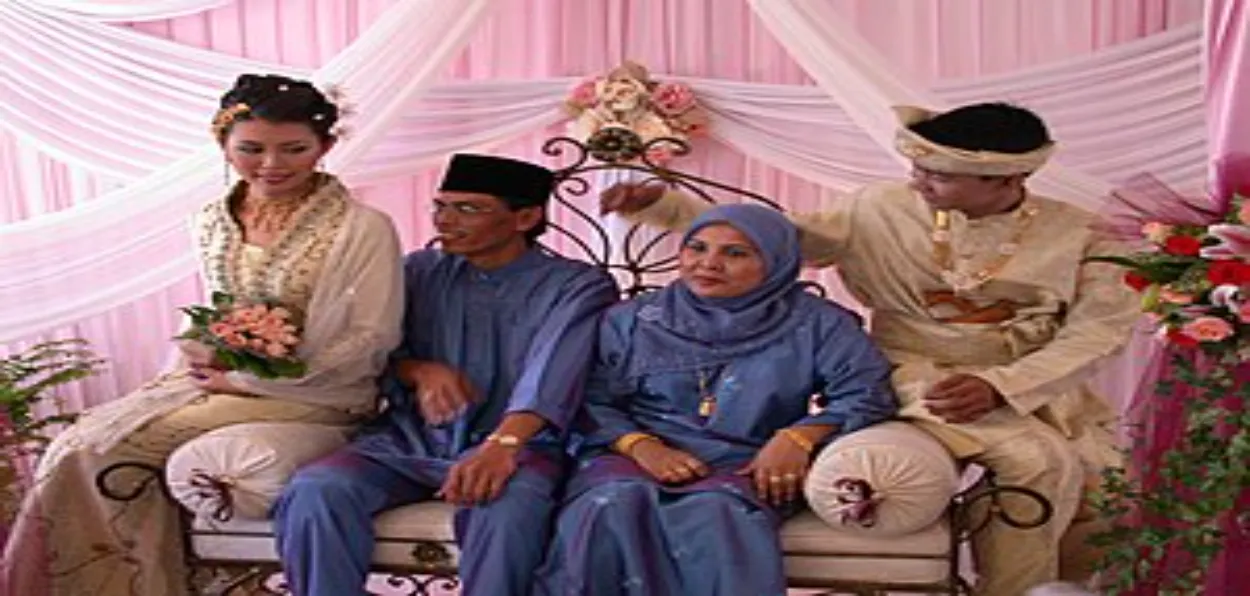
New Delhi
As part of its efforts to provide religious guidance to Muslims to enable them to live in Singapore’s multiracial and multi-religious milieu, the government is planning to set up a college of Islamic studies in collaboration with well-known Islamic universities of the Arab world.
The country which has one of the higest GDPs in the world has about 31 percent Buddhist and approximately 15.6% of Muslim population. Muslims for the third largest religious grou and of them about 80%, are ethnic Malays, while 13% are of Indian descent.
According to Strait Times, the upcoming Islamic college will groom not only religious leaders but also those who want to contribute to the social sector, by offering them a four-year full-time undergraduate course to major in either Islamic studies or social sciences.
The idea of such a college was mooted in 2016, as part of efforts to train religious scholars and teachers, also known as asatizah, to provide sound and relevant religious guidance to Muslims.
The Singapore College of Islamic Studies (SCIS) will work with established institutions like the Singapore University of Social Sciences, Egypt’s Islamic advisory body Dar al-Ifta, the University of Jordan, and the Al-Qarawiyyin in Morocco.
Leaders of these institutions and other universities, like Al-Azhar in Egypt, will be on the SCIS advisory panel to contribute their perspectives on contemporary issues impacting Muslim minorities.
The announcement was made by Prime Minister Lawrence Wong recently at a forum of M3, an association of three key Malay/Muslim organizations serving the community.
PM Wong said the SCIS will strengthen Singapore’s capabilities to nurture and groom a pipeline of future asatizah.
“We want them to have the knowledge and skills to provide religious guidance for our Muslim communities, but to also have an understanding of religion that’s contextualised for living in a diverse, multicultural society like Singapore, and to guide our Muslims in responding confidently to issues of the modern world,” he said.
“This is important for us in Singapore, and I believe this will help to continue to further strengthen trust between our Malay/Muslims and other communities and enable us to overcome challenges together as one united people.”
PM Wong also elaborated on government efforts to support the Malay/Muslim community’s aspirations to be modern and progressive, while retaining its unique culture and traditions.
Another landmark in Kampong Glam, the 200-year-old Masjid Sultan, will undergo restoration works.
M3 Youth runs mentoring programs; and so far 1600 volunteers have mentored to 5,700 youth. Today, there are some 4,000 volunteers across the M3 agencies, said PM Wong.
He added that the efforts by M3 reflect Singapore’s wider plans for the new phase of its nation-building.
“Two years ago, we engaged many Singaporeans in our Forward Singapore exercise. Now we have set out a road map to chart a new way forward for ourselves and for our nation,” said PM Wong.
“We want a Singapore where every citizen will have a voice and a stake, where we can all do our part to contribute to the greater good, and we can all realise our aspirations and be the best possible versions of ourselves.”
One of the initiatives, Project Dian@M3, which aims to help families in public rental flats buy their own homes, has engaged more than 535 Malay/Muslim households.
ALSO READ: Shehla Rashid's Role Models seek to push back 'Muslim victimhood' narrative
To reach out to even more Malay/Muslim families, M3 introduced the Organisation Volunteer initiative to rally support from organisations and corporations so that their employees can contribute to society via Project Dian.
